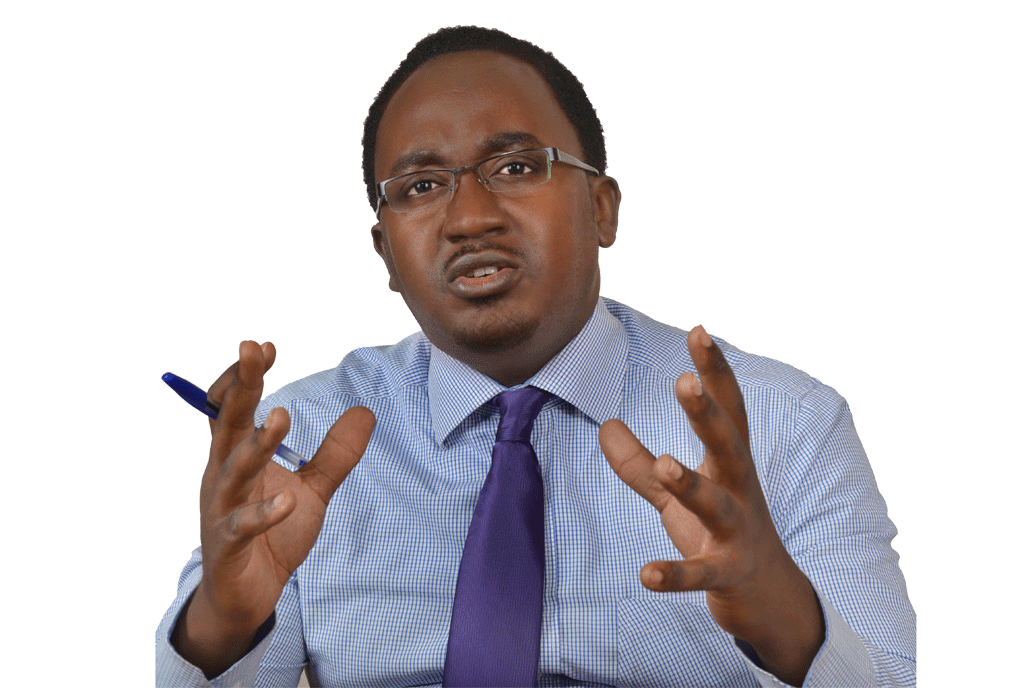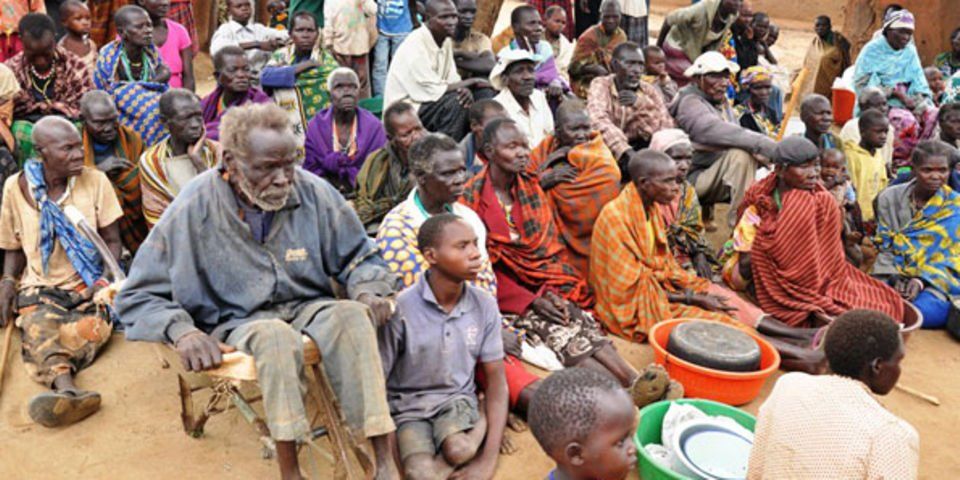Driving sustainable development

Author: Crispin Kaheru. PHOTO/FILE
What you need to know:
- “Driving comprehensive development to accomplish Uganda’s modernisation requires an aligned political and technical leadership to commit to certain specific interventions"
Uganda has one of the fastest growing populations in the world. Its population growth rate is 3.32 percent per year – meaning 1.5 million Ugandans are born every year. That is the population of Trinidad & Tobago, or Bahrain, Estonia, Mauritius and more than three times the population of Belize.
Therefore, to ensure the prosperity and well-being of present and future generations, it is imperative that we develop sustainable plans that promote common prosperity among the population, both in the short and long-term.
Achieving this goal requires establishing a harmonious relationship between humans and nature, striking a balance between material and spiritual needs, and fostering all-round development that harmoniously combine economic prosperity, social well-being, and environmental sustainability.
Driving comprehensive development to accomplish Uganda’s modernisation requires an aligned political and technical leadership to commit to certain specific interventions.
Interventions such as sustaining the anti-corruption movement; reforming and modernising the military and security agencies; eliminating poverty and constructing modern villages; building first class education, health care and housing; pursuing an all-dimensional foreign policy that safeguards peace and promotes mutual development.
Such interventions should factor in prevailing and anticipated uncertainties, crises and volatilities. These are all long-term plans, which can best be pursued by long-term leadership. A lean-thin kind that concerns itself with strategy; strategic policy coordination, resource mobilisation and macro-economic control.
Experiences around the globe show that one of the weaknesses of most political systems is the inability to pursue long-term development targets and programmes due to the frequency of changes in government and heavy technical and political bureaucracy. In many cases, governments are the primary drivers of development. These development priorities must be funded.
The notion of ‘unfunded priorities’ as is the case in today’s national budgeting processes sounds caustic and only means that the ‘unfunded priorities’ are indeed neither priorities nor necessary.
Science and technology should be the primary productive force. Talent should be regarded as a prime resource. Innovation should be leveraged as a key driver of growth.
This means, the country must invest in experimental programmes and policies. Local reform experiments capable of growing into nationwide programmes should be emphasised to spur economic development. Nursery beds for innovation don’t have to be concentrated in Kampala – they must not be centralised.
They should be located everywhere else – in urban or rural settings. These should be encouraged as part of a special methodology for policy and experimentation that could open up a wide range of unexpected opportunities.
We have to think about land reforms that evenly distribute land as a factor of production especially to rural households; reforms that provide greater convenience for commercial land demand. We have to invest more in improving human development conditions (education, healthcare and gender equality).
We have to drive rural social security initiatives such as subsistence safety nets, enhance disaster relief institutions and capabilities, resettle residents from harsh natural conditions).
We have to invest in durable infrastructure such as electricity production, transportation, ICTs, e-commerce, artificial intelligence and generally, drive integrated poverty campaigns that improve living conditions.
This isn’t a set of options – it is imperative upon us today, especially for the additional 1.5 million Ugandans of next year and the 90 million Ugandans that will come 20 years from now.
Mr Kaheru is a Commissioner with the Uganda Human Rights Commission.



